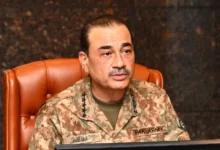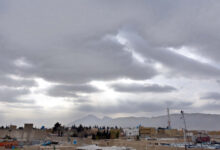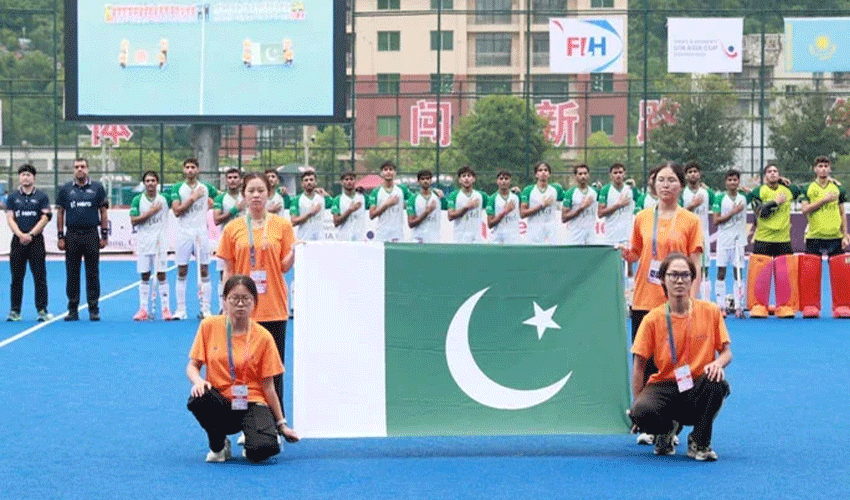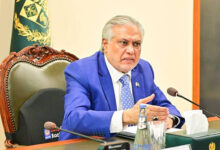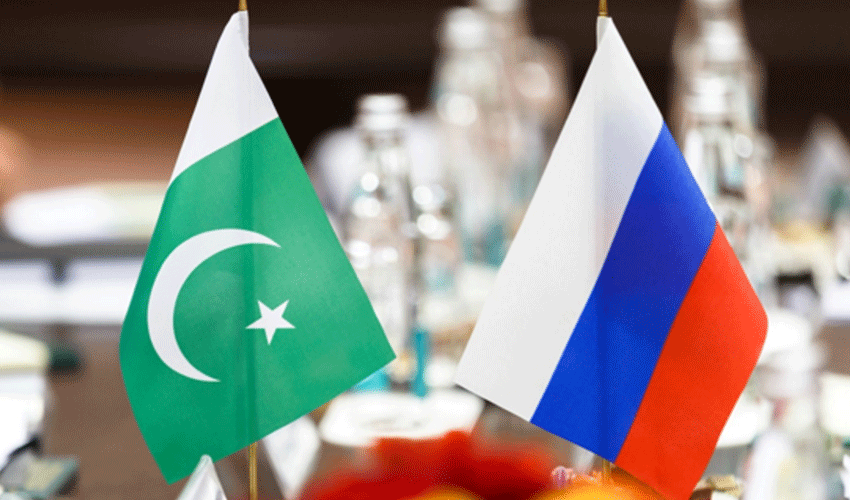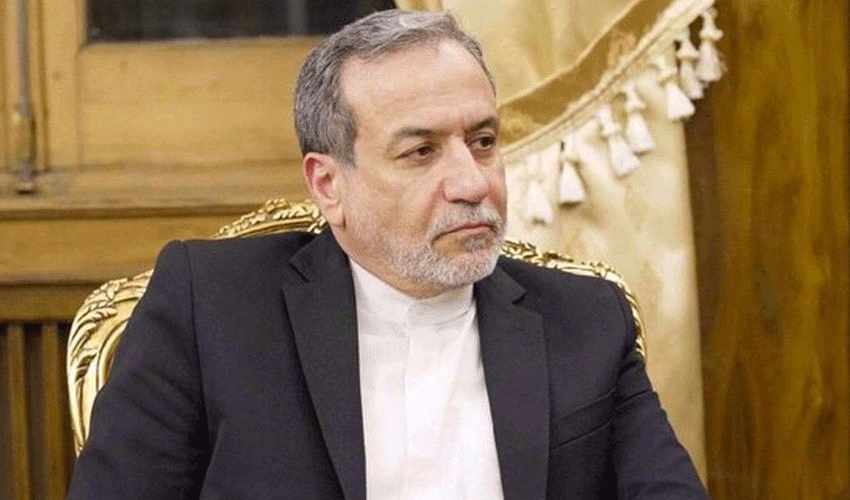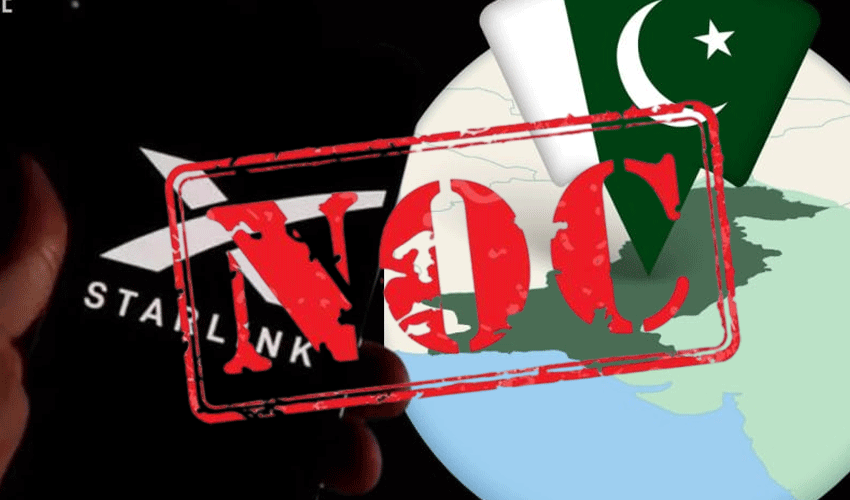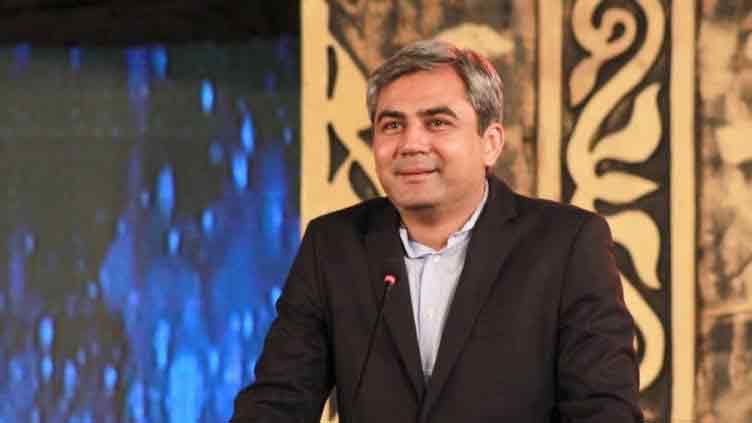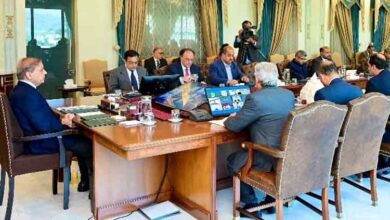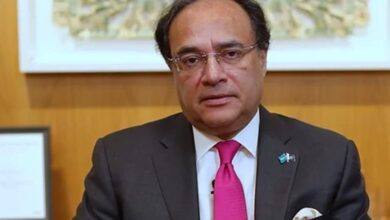Home slider
July 11, 2025
Umerkot remains tense as protests…
The city, which experienced the purported custodial murder of a blasphemy-accused physician and the subsequent…
Home slider
July 11, 2025
Nine senior officers of the…
An FIR was formally lodged on Wednesday, identifying senior SBCA officials and the proprietors of…
Home slider
July 11, 2025
COAS asserts that the Pak-India…
Chief of Army Staff Field Marshal Syed Asim Munir on Thursday dismissed the idea of…
Home slider
July 11, 2025
The government initiates an investigation…
Planning Minister Ahsan Iqbal announced on Thursday that Prime Minister Shehbaz Sharif has established an…
Home slider
July 11, 2025
Rainfall anticipated in Karachi commencing…
A sequence of light to moderate rainfall accompanied by thunderstorms is anticipated in Karachi and…
Home slider
July 11, 2025
The Lahore High Court cautions…
The Lahore High Court has mandated that no trees along Canal Road may be felled…
Home slider
July 11, 2025
The post-mortem indicates that model…
The post-mortem report of model Humaira Asghar, whose body was discovered in a flat in…
Home slider
July 11, 2025
Pakistan does not attain its…
Despite expending billions of rupees each year on its immunization initiative, Pakistan has not attained…
Home slider
July 11, 2025
Bodies of nine passengers who…
The remains of nine bus passengers, who were slain in Balochistan, were dispatched to their…
Home slider
July 11, 2025
Bail applications of Shah Mahmood…
An anti-terrorism court has denied the bail applications of PTI leaders Shah Mahmood Qureshi, Omar…


